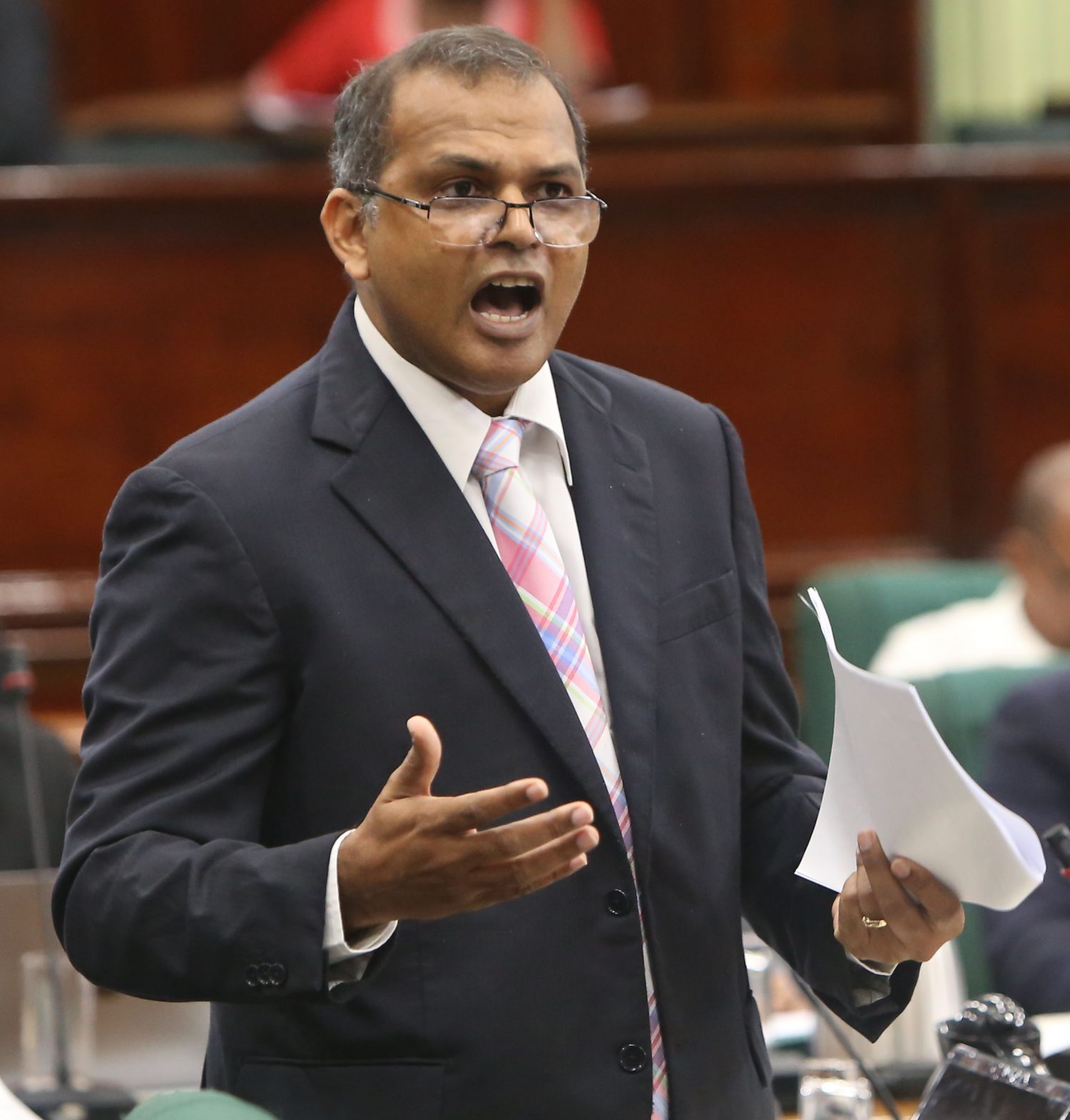As a result of the continued rise in COVID-19 infections in the hinterland areas, the government has restricted travel into and out of regions Seven, Eight and Nine under the updated COVID-19 emergency measures, which will also see the national curfew hours reduced.
According to the updated measures, which have been gazette and come into effect today, persons are not permitted to travel in or out of the specified regions from August 16th to August 31st without an authorization from the Minister of Health.
A 6 pm to 6 am curfew has also been imposed on the three regions, which have each seen the continued rise in COVID-19 cases over the past month and now account for the majority of cases across the country. COVID-19 has also been spreading outside of the hinterland regions and the total number of confirmed cases was reported as 674 up to yesterday after 25 new infections were recorded. Region Four is still the region with highest number of COVID-19 cases in the country.
Cross border travel between Guyana and Brazil has been seen as key in the outbreak of cases in regions Eight and Nine, while the outbreak in Region Seven was linked to movement in mining areas.
The update measures, however, while restricting entry and exit from the three regions, now permit mining, which had been halted. “Mining operations are permitted and in addition to the measures under this Notice, mining operations shall comply with any other recommendation of the Ministry of Health,” the measures state.
Finding a balance
Despite the continued rise in cases, the new measures see the reduction of the national curfew hours. The curfew is now from 9pm to 5 am, with the exception of regions Seven, Eight and Nine.
Asked about the decision to reduce the curfew despite the continued rise in cases, Minister of Health Dr. Frank Anthony explained that a number of factors were taken into consideration, including the fact that persons have not been employed for several months.
He explained that there are some persons who work late and others who have to get up early to go to work. He noted that it has been several months since the curfew was imposed and the pandemic has caused some persons to lose their jobs. “We have had a number of consultations and we have tried to find a balance so in seeking that balance, we went up an hour and we are going to see how those measures work and analyze and if things change we will change our measures as well. So it’s a dynamic situation,” he said.
Anthony further noted that while he is aware of the recent increases of COVID-19 in Region Four, those cases are clustered in specific areas and the ministry has already started putting measures in place to start containing them within those area. . “For example, today we deployed our mobile team to deal with that so I think the measures that we have from the health response is because we have been able to identify the spots and go out and talk to the people and put measures in places to contain the spread,” he explained.
As it relates to the measures in the hinterland, Anthony said that the surveillance team has been tracking several hotspots in the hinterland regions currently plagued by COVID-19 and they were able to mitigate the risks in Region Seven. He noted that they are still trying to contain the disease in regions Eight and Nine.
The new measures are effective until August 31st unless earlier terminated, extended or amended by Notice of the Minister of Health after an assessment of the prevailing public health conditions. Any person who fails to comply with any of the emergency measures commits an offence and is liable on summary conviction to the penalty provided under Section 152 of the Public Health Ordinance.

